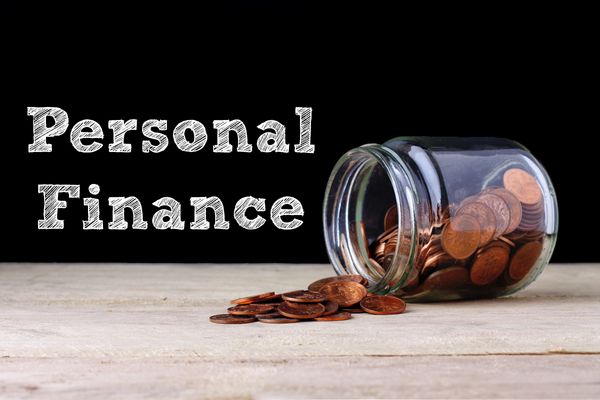Introduction
Financial literacy has become increasingly important in today’s world, where managing personal finances is crucial for success and stability. However, many people lack the knowledge and skills necessary to make informed financial decisions. This lack of financial literacy results in poor financial decisions, leading to debt, financial insecurity, and stress. In this article, we will explore the importance of integrating personal finance education into school curricula and the benefits it can bring to students.
The Need for Financial Literacy

Financial literacy refers to the ability to understand and manage personal finances effectively. Today, financial literacy is more important than ever, given the complexity of financial products and the risks associated with financial decision-making. Unfortunately, many people lack the knowledge and skills necessary to make informed financial decisions. For instance, a recent study found that only 24 percent of millennials demonstrated basic financial literacy skills, while 70 percent of Americans say they are worried about their financial situation. Lack of financial literacy leads to poor financial decisions, such as overspending, taking on debt, and failing to save for the future.
The Role of Education
One way to address the lack of financial literacy is by integrating personal finance education into school curricula. By doing so, students can learn the skills and knowledge necessary to make informed financial decisions. Personal finance education can cover topics such as budgeting, saving, investing, and credit management. By teaching these skills in school, we can help students develop good financial habits early on and avoid making costly mistakes later in life.
The Benefits of Personal Finance Education
Integrating personal finance education into school curricula can bring several benefits to students. Firstly, it can help them develop essential life skills that they can use throughout their lives. Secondly, it can help them make informed financial decisions, which can have a positive impact on their financial well-being. Thirdly, it can help them avoid making costly mistakes, such as taking on too much debt or making poor investment decisions. Fourthly, it can help them develop a sense of financial responsibility, which can translate into other areas of their lives.
The lack of financial literacy is a significant problem, leading to poor financial decision-making and financial insecurity. The integration of personal finance education into school curricula can help address this issue by providing students with the knowledge and skills necessary to make informed financial decisions. By doing so, we can help students develop good financial habits early on and avoid making costly mistakes later in life.

